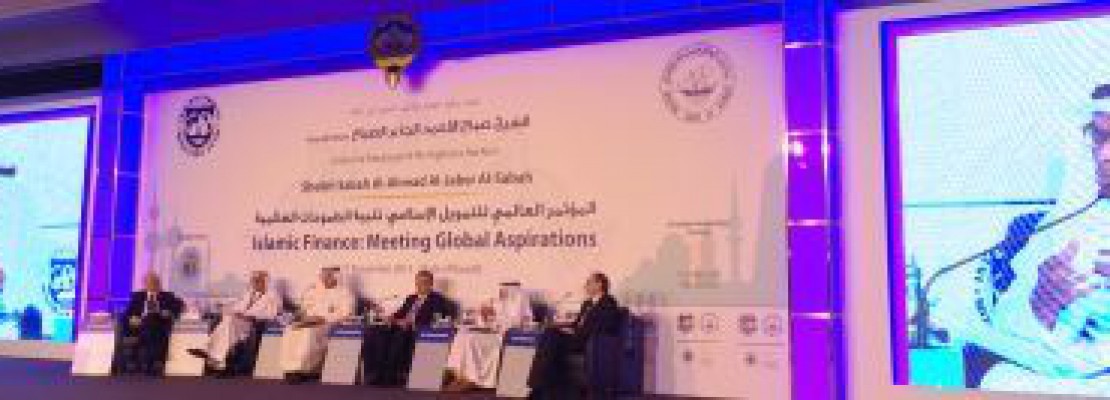
Smart Islamic Microfinance
Article Overview
The President of the Islamic Development Bank (IDB) Group, Dr. Ahmad Mohamed Ali has called on experts in Islamic finance to take advantage of existing technologies and business approaches like mobile banking to develop smart Islamic microfinance. Such efforts, according to Dr. Ali, could help the Islamic finance industry to be a leader in the global economy, and stay ahead of the competition.
Dr. Ali made the remarks on Wednesday while addressing the opening session of a conference on ‘Islamic Finance: Meeting Global Aspirations’, held in Kuwait City, Kuwait. It meant to prepare ground for increasing financial inclusion and growth, by providing access to finance, regulation and control to support financial stability, development of Sukuk (Islamic bonds) as well as other instruments and forms of long-term financing required to materialize sustainable development. The conference was inaugurated by the International Monetary Fund (IMF) Chief HE Ms. Christine Lagarde, and the Governor of the Central Bank of Kuwait HE Dr. Mohammad Y. Al-Hashel.
The IDB Group President commended the role of the Central Bank of Kuwait in fostering the growth of Islamic finance industry. He also appreciated the role of IMF in developing Islamic finance as a viable equivalent mode of finance. Dr. Ahmad Mohamed Ali emphasized that Islamic finance encourages a fair socio-economic system and can address financial inclusion via a two-pronged approach: (i) using risk-sharing financing instruments as viable microfinance, and micro-Takaful tools for individuals, micro-enterprises & SMEs; in addition to (ii) using Islamic redistributive instruments like Zakah, Waqf, Sadaqa and Qard-al-Hasana to provide basic social safety nets (food, shelter, etc.) to the very poor in the society, helping them graduate into economically active individuals.
Integrated Approach
Dr. Ahmad Ali further stated that “providing microfinance to individuals lacking entrepreneurial skills may lead to less than the desired outcomes”. “What is needed is an integrated finance-plus approach i.e. provision of financial services along with provision of related technical skills, regulatory support, assistance for product development and marketing, and increasing market access to SMEs’ products.”
Dr. Ali further underlined the need to develop unique models for increasing access to finance for the SMEs, like creating dedicated SME-financing business units in Islamic banks, and developing the capital markets, Islamic equity and venture capital funds for SMEs. While shedding light on the role played by IDB Group in fostering financial inclusion in IDB Member Countries, Dr. Ali mentioned that as part of the next 10 years strategy, the bank has a dedicated pillar on social inclusion. The conference, co-hosted by the Central Bank of Kuwait and the IMF Middle East Center for Economics & Finance, provided an opportunity for global policy dialogue among high-level policymakers, including governors of central banks and ministers, regulators, conventional and Islamic standard setters, leading private and public sector financial institutions’ executives, and academics.








